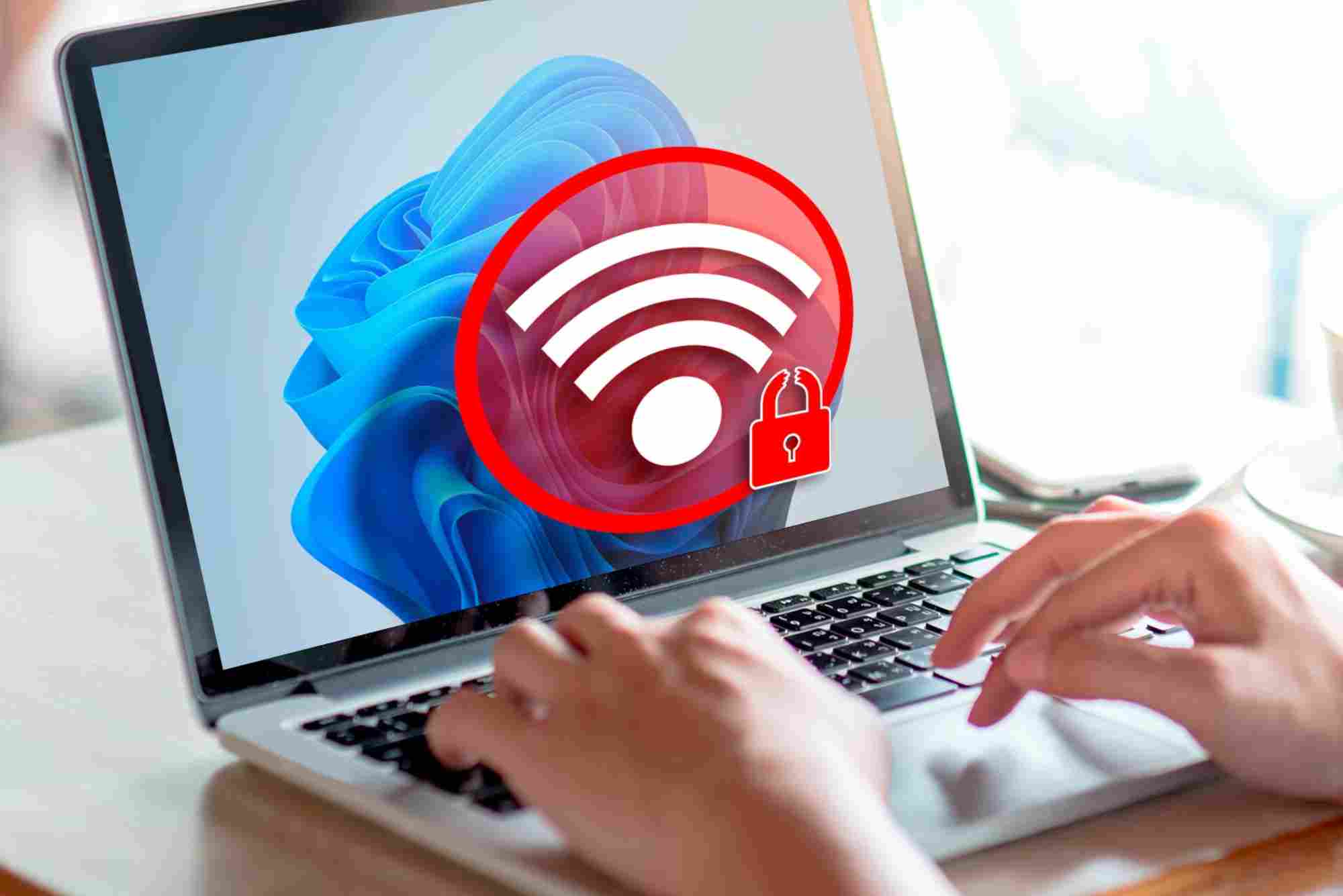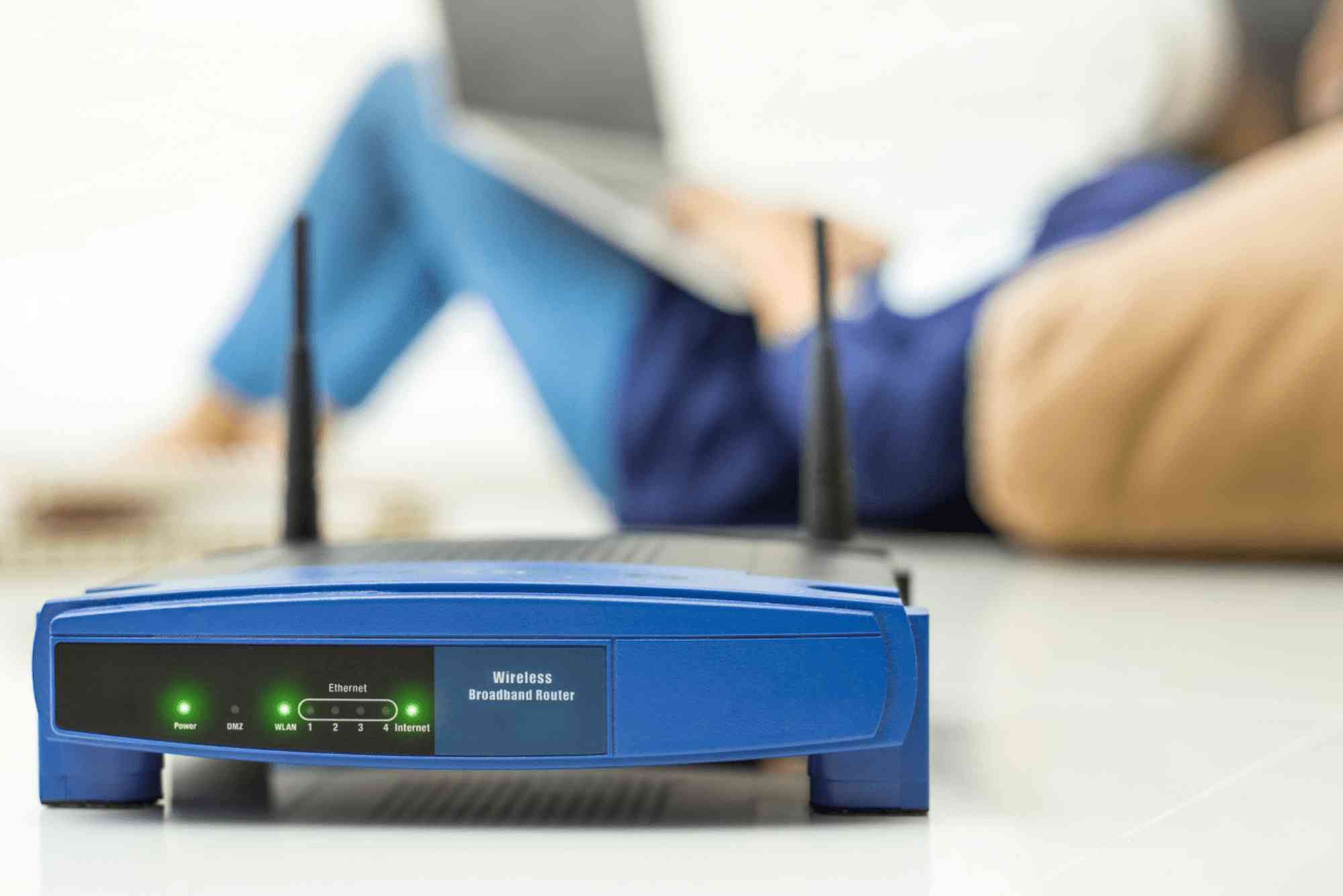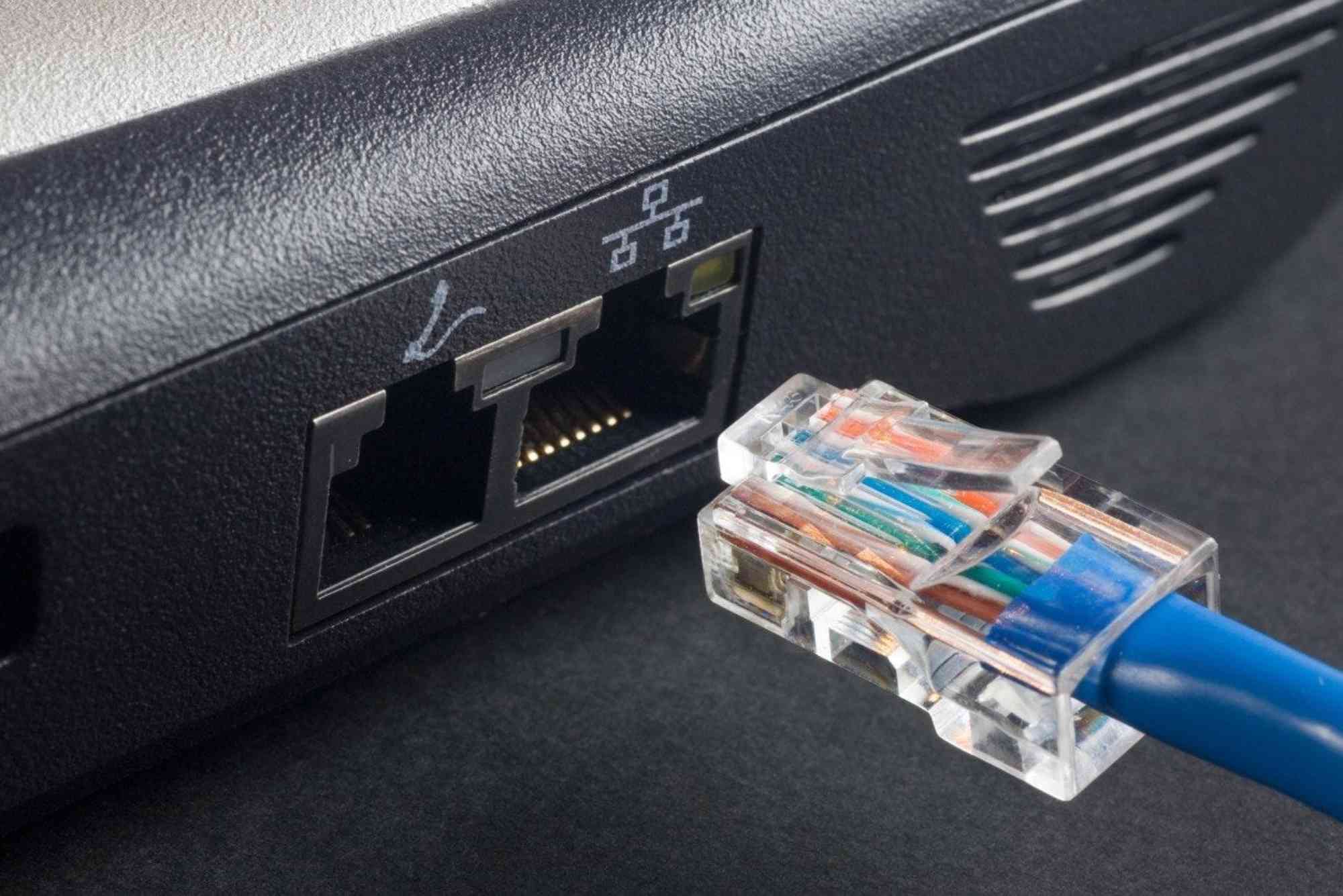Introduction
In today’s hyper-connected world, home networks are just as attractive to cybercriminals as corporate systems. With more smart devices, online shopping, and remote work, safeguarding your Wi-Fi and personal data has never been more crucial. The top network security tools for home users can help you protect sensitive information, stop unauthorized access, and maintain privacy. Whether you’re a tech novice or a power user, investing in the right tools can significantly reduce risks.
This guide dives deep into the most effective and accessible network security tools for home users. It also covers tips to use them correctly, drawing from best practices and real-world experience.
Why Network Security Tools Matter for Home Users
Home networks were once simple, but today’s environment includes smartphones, tablets, smart TVs, and IoT devices. Each new connection expands your attack surface. Cybercriminals exploit weak passwords, outdated firmware, or unsecured routers. Without strong protection, your personal and financial data may be compromised.
Using top network security tools for home users is no longer optional. These solutions make it easier to monitor your home network, encrypt data, and stop malware before it causes harm.
Essential Network Security Tools for Every Home
Below we explore the essential categories of tools that deliver robust protection. Each section explains how the tools work and why they’re critical.
Firewalls for Home Networks
A firewall is your first line of defense. It monitors incoming and outgoing traffic and blocks suspicious activity. Modern home routers include built-in firewalls, but dedicated software or hardware firewalls offer deeper protection. For example, advanced firewalls allow you to set custom rules, restrict access by device, and receive alerts about unusual activity.
Using a firewall gives you peace of mind, especially if multiple family members use the network or if you work remotely from home.
Antivirus and Anti-Malware Solutions
While firewalls keep intruders out, antivirus tools protect your devices from malicious software. Well-regarded antivirus solutions now combine real-time scanning, ransomware protection, and phishing defense. They also detect threats on USB drives or downloaded files before damage occurs.
These tools are vital because cyber threats constantly evolve. A reputable antivirus solution updates frequently to keep pace with new malware strains, ensuring your home devices remain secure.
Secure Wi-Fi Routers and Firmware Updates
The router is the heart of your home network. Outdated or poorly configured routers are one of the easiest entry points for hackers. Look for routers that offer WPA3 encryption, automatic firmware updates, and guest network options.
Enabling automatic updates ensures security patches are applied quickly. Separating guest networks prevents outsiders from accessing your main devices.
Virtual Private Networks (VPNs)
VPNs encrypt your internet traffic, making it unreadable to hackers or your ISP. This is especially valuable when using public Wi-Fi or if you want to keep browsing private. Many top VPNs now include malware blocking, ad blocking, and even breach alerts.
Using a VPN on your home network ensures that every device — from your smartphone to your laptop — enjoys a higher level of privacy.
Password Managers and Multi-Factor Authentication (MFA)
Weak or reused passwords are one of the leading causes of breaches. Password managers help you generate and store strong passwords securely. They also autofill credentials, making it easier to use unique passwords for each account.
Pairing a password manager with MFA adds another layer of security. Even if a password leaks, the attacker cannot access your accounts without the second factor, such as a phone code or biometric verification.
Network Monitoring and Intrusion Detection
Monitoring tools give you a real-time view of your network. They can show which devices are connected, how much data they’re using, and if any unusual activity occurs. Some tools also provide intrusion detection — notifying you if unauthorized access is attempted.
This transparency empowers you to act immediately if something suspicious appears.
Best Practices for Using Network Security Tools at Home
Keep Everything Updated
Software updates are not just about new features; they patch vulnerabilities. Always enable automatic updates for your operating systems, apps, and routers.
Educate Household Members
Even the best tools cannot compensate for unsafe behavior. Teach family members how to spot phishing emails, use strong passwords, and respect network policies.
Layer Security Measures
No single tool can protect everything. Combining firewalls, antivirus, VPNs, and strong passwords creates multiple barriers against attacks.
Backup Important Data
Even with great security, accidents happen. Regular backups protect your files from ransomware or accidental loss. Store backups offline or use a reputable cloud service.
Common Mistakes to Avoid
Many home users install one security tool and assume they’re safe. However, ignoring router firmware, reusing passwords, or turning off firewalls can undermine your efforts. Security is ongoing. By staying proactive and informed, you make your network far less attractive to attackers.
How Network Security Tools Boost Privacy and Productivity
Beyond protection, these tools improve your online experience. For instance, VPNs can bypass geo-restrictions and prevent advertisers from profiling you. Password managers save time by autofilling credentials. Monitoring tools help troubleshoot bandwidth issues or detect unauthorized devices hogging your network.
Ultimately, the top network security tools for home users not only defend against threats but also create a safer, smoother digital lifestyle.
If you’re serious about safeguarding your home network, start implementing the tools and practices outlined above today. A secure home network protects your personal data, your finances, and your peace of mind. Explore reputable solutions and take proactive steps to stay ahead of cybercriminals.
Looking for reliable internet and security services? Check out Dhanote Internet Services for more information on enhancing your home connectivity and security.
FAQs About Network Security Tools for Home Users
What is the best network security tool for home users?
There’s no single best tool. A combination of firewalls, antivirus software, VPNs, and password managers works best for home users.
How can I secure my home Wi-Fi network?
Use a strong password, enable WPA3 encryption, regularly update router firmware, and consider a network monitoring tool.
Do I need a VPN at home?
Yes. A VPN encrypts your internet traffic, protecting your privacy and preventing ISPs or hackers from spying on your online activities.
Are free security tools safe to use?
Some free tools are trustworthy, but many come with limitations or hidden risks. Opt for reputable brands and read reviews carefully before downloading.
Can network security tools prevent hacking completely?
No tool guarantees 100% security, but using multiple layers of protection significantly reduces your risk of being hacked.
Cybersecurity is no longer a luxury — it’s essential for every household. By understanding and implementing the top network security tools for home users, you can safeguard your personal data and maintain privacy in an increasingly digital world. Firewalls, antivirus programs, VPNs, password managers, and monitoring tools work together to create a strong security posture.







